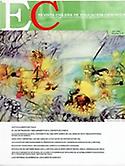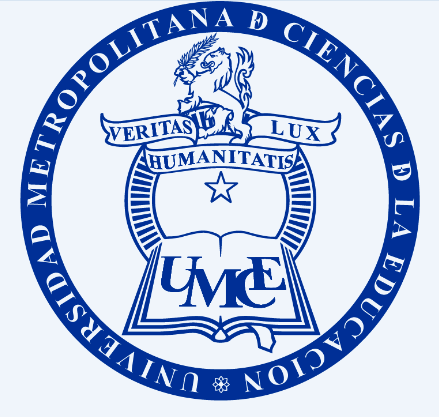Contenido principal del artículo
nov 26, 2024
Resumen
En este trabajo se exponen algunas de las propuestas que -en el contexto político económico internacional propiciaron el surgimiento de las reformas educacionales en la década de los 90 en Sudamérica y, particularmente, en Chile. La idea central que guía esta exposición esta principalmente relacionada con los Sistemas Nacionales de Innovación1 (SNI) y las condiciones
necesarias -a lo menos una de ellas- para que este funcione de manera eficiente. En este contexto fueron esenciales las Políticas Educacionales, en particular las reformas curriculares que dieron origen a nuevos planes de estudio en los
niveles primario y secundario (básico y medio) y que incluyeron una “asignatura icono” : la Educación Tecnológica (ET). Se describe uno de los roles de la ET, que ajuicio de los autores debería introducirse entre los Objetivos Fundamentales Transversales2 (OFT) como es el de formación ciudadana y, por que no, entre los objetivos de aprendizaje propuestos por el Ministerio de Educación de Chile (MINEDUC).
Citas
BID. “La educación como catalizador del progreso: La contribución del Banco Interamericano de Desarrollo”. http://www.iadb.org/sds/doc/edu-SantiagoS.pdf 1998
CEPAL. “Más allá del Consenso de Washington: una agenda para el desarrollo de América Latina”, http://www.eclac.cl/cgi-in/getProd.asp?xml=/publicaciones/ xml/9/20759/P20759.xml&xsl=/mexico/tpl/p9f. xsl&base=/mexico/tpl/top-bottom.xsl. 2005.
Fourez, G. “Alfabetización Científica y Tecnológica”, Ediciones Colihue, Buenos Aires, pp.61-64. 1997
MINEDUC. Ley Orgánica Constitucional de Enseñanza LOCE (Ley n° 18962). 1990
MINEDUC. Educación Tecnológica. Planes y Programas de estudio. Chile, 1998
OCDE. “National Innovation System”. 1997. http:// www.oecd.org/dataoecd/35/56/2101733 .pdf
OCDE. “Managing National Innovation Systems”, pp. 13-15.1999.
OCDE. “Manual de Oslo, 3a edición” , pp. 42-47.2005.
Rietti, S., Massarini, A. “Democratización del conocimiento”, en Diccionario del Pensamiento Social Alternativo. AAVV. Editorial Gedisa. Buenos Aires. 2006


